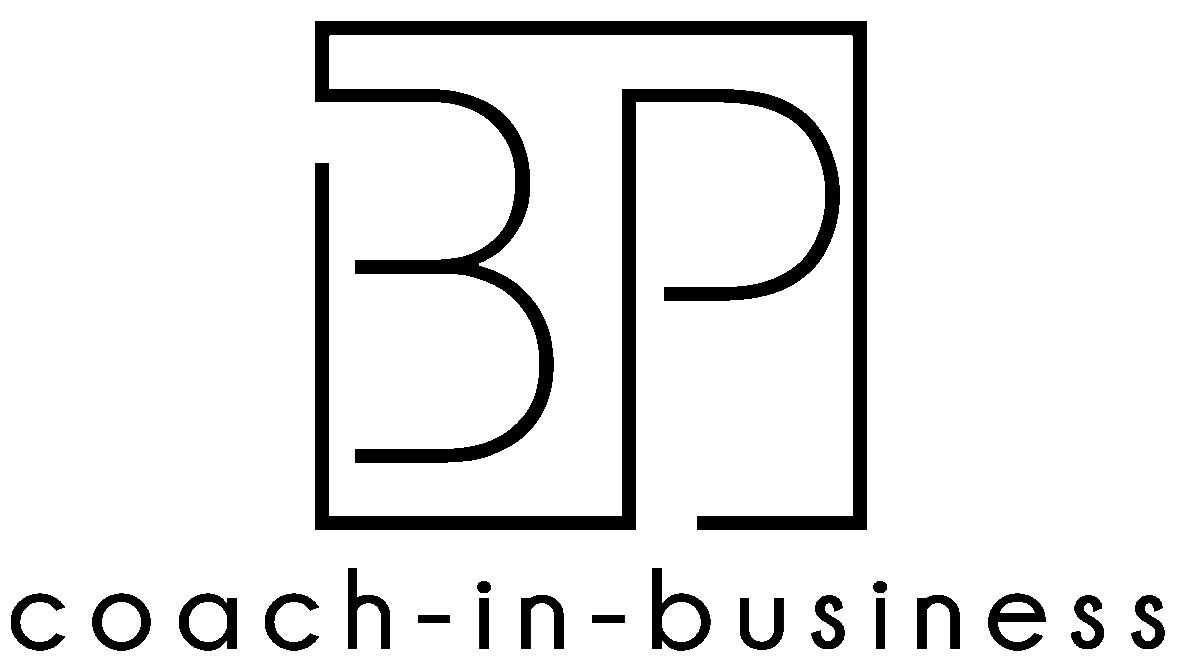Summary
The following text shows, how people like to be responsible for their successes, but blame other for their losses. The article argues, that being responsible for failure, while having an open environment to correct mistakes, is a better long-term way, than is not taking responsibility for failures and mistakes. The concept of locus of control is introduced, showing that internal locus of control has positive impact on subjective well-being as well as objective performance indicators.
This post is also available in:
 Deutsch (German)
Deutsch (German)  polski (Polish)
polski (Polish)
1. Context – What if i was responsible for my actions in good and bad times?
1.1. Intro
It sounds logical, that we automatically assume to be responsible for our positive experiences. On the other hand it turns out, that we don’t want to feel and be responsible for the negative experiences. This becomes even more obvious, if we think about both a lottery winner and a little child breaking one of the windows at home.
The lottery winner will very likely tell a story, how he has choosen the numbers wisely with premeditation. A child, who has broken a window while playing soccer at home, will very likely try to tell the parents, that it was the brother or sister or even the dog. So even in situations, which should be obviously rated the exact other way, people tend to attribute positive outcomes to themselves and negative outcomes to the environment and circumstances. Responsibility is only taken over, if it makes sense for us.
![[OWN ILLUSTRATION] Self_Responsibility](https://coach-in-business.com/wp-content/uploads/2019/02/OWN-ILLUSTRATION-Self_Responsibility-300x143.png)
The attribution of outcomes to oneself helps in capitalizing on positive events and attribution to the environment helps to cope with difficult situations.
2. Conflict – I don’t want to be responsible for my faults
In my estimate, the main question to be answered is the following: Is it helpful to attribute responsibility for good and bad experiences to oneself?
3. Climax – if I act, I will achieve

There is a concept called locus of control (LOC). LOC describes how sure people feel to be in control over the results.
Am I responsible for my grades at school by learning day in day out. Am I responsible for the degree of bonus achievement at work by going the extra mile. Both are called internal locus of control. It is important to note, that if i fail, it was my lack of effort, which led to failure.
On the other hand: is my teacher or my boss in control? Do they set goals, which are unachievable under given circumstances, no matter how hard one might work? This is called external locus of control. It is important to note, that if i succeed, it was the easy exam and not my effort, which led to success.
The case for responsibility is as simple as it is described above. But why is this concept so important?
3.1. If i do, i will get better results and be more satisfied (at work)
3.1.1. Internal LOC and job performance
![[OWN ILLUSTRATION] Sports](https://coach-in-business.com/wp-content/uploads/2019/01/OWN-ILLUSTRATION-Sports-150x150.png)
In a meta analysis the authors have found, that out of the 4 major concepts of self evaluation, locus of control has the second largest positive impact on job performance. Not only does it impact actual performance in task solving, but self and others ratings of performance, too. It does even correlate with the salary earned, as pointed out in a study in 2006. On the other hand, external locus of control is correlated with lower achievement.
3.1.2. Internal LOC and job satisfaction & commitment
![[OWN ILLUSTRATION] Well Being](https://coach-in-business.com/wp-content/uploads/2019/01/OWN-ILLUSTRATION-Well-Being-150x150.png)
In a meta analysis the authors have found, that out of the 4 major concepts of self evaluation, locus of control has the second largest positive impact on job satisfaction, too. Job satisfaction has such sub dimensions as satisfaction with pay, supervisors and coworkers.
What does it mean? If you assume, that you are the one who controls your results, you will tend to think, that you are paid adequately and that your boss is Ok, too. Furthermore, internal LOC has impact on job commitment, too. Commitment has such sub dimensions as the willingness to leave the company or the willingness to work an amount of hours. In another meta analysis researchers found, that internal locus of control impacts even life satisfaction, which is different compared to job satisfaction. Taking over responsibility increases the relationship between work and worker.
3.2. If i do, i will feel and be better
3.2.1. Internal LOC and well-being
![[OWN ILLUSTRATION] Health](https://coach-in-business.com/wp-content/uploads/2019/01/OWN-ILLUSTRATION-Health-150x150.png)
Researchers found, that internal locus of control has impact on general well-being, self reported health and objective health measures. The second and third dimension is interesting in so far, in which it confirms the overall public belief, that mental health impacts physical health. On the other hand external locus of control is related to ineffective stress management and depression.
3.2.2. Internal LOC and psychological measures
![[OWN ILLUSTRATION] Psychology-Icon](https://coach-in-business.com/wp-content/uploads/2018/10/OWN-ILLUSTRATION-Psychology-Icon-150x150.png)
Researchers found, that internal locus of control has positive impact on the intrinsic task motivation and instrumentality, self development and self efficacy. Task motivation is your willingness to work on job related tasks, while instrumentality means, that you belief in being rewarded for your own efforts. On the other hand, external locus of control is related to decreased self-control. Responsibility helps in increasing psychological measures, which benefit a person in the long-run.
4. Conclusion – Learn how behavior impacts results
4.1. Important assumptions
4.1.1. Future Expectations
One of the things that distinguishes the human kind from other animals is, that humans are able to forsee future events and adjust their actions to their expectations.
Now, future events might be or might not be seen positively or negatively. If i think, that people are nice to me, i will get up in the morning and try to meet as many as possible on my way to work. If i think, that people aren’t nice to me, i will probably avoid being around them. So expectations concerning the future underly subjective evaluation.
If the evaluations are subjective, then actions should not be seen as predefined and static. With changing expectations, a person will be able to impact behaviors and take over responsibility, if possible and sensful.
4.1.2. High motivation for achievements
If you start realizing any plans, you will get better over time while trying. Getting better while trying is a kind of feedback.
So, imagine trying to solve rubiks cube. Over time you will get one side solved. Later you will get another side solved. At some point you will solve the whole rubiks cube for the first time. Then you will try to get a better time in solving it.
Each single improvement is equal to a feedback-loop saying, that your work is paying off. You’re getting better and the results confirm it. Your motivation to continue will probably increase. So you will be more and more convinced, that you might really beat any time at some point.
4.1.3. Drive for control and order
This might be understood from 2 perspectives.
The first one indicates, that if you have the feeling of being in control of the immediate environment and the experiences, then you tend to feel more secure. People feel more secure driving their own car compared to flying by plane, which they don’t have control over. This is interesting in so far, that flying by plane is much more secure compared to driving by car.
The second perspective indicates, that being confronted with chaos, you will try to get things into order. Children are a good example. After building up lego castles, they’ll destroy it in order to be able to start building from the beginning. This behavior will help you to understand, evaluate new strategies, navigate through and ultimately solve issues, which seemed unsolveable at the beginning.
4.1.4. Summary of assumptions
* People adjust own behavior to subjective future expectations, so behavior is not predefined
* Motivation to achievement in itself is motivating, because it will have a feedback-loop implemented naturally in its process
* People tend to get things in order to gain control over the immediate environment, which creates a feeling of security, helps in looking clearer and helps to perform better.
4.2. Application on work Environment
What we can do in work environment? First of all you need to have an environment, where your employees or co-workers will be able to experience consequences of their own actions. Of course, it includes the possibility of experiencing consequences of bad behavior (=failure).
Then people will need to have the possibility to change behavior, develop new strategies and experience a change in consequences. The tricky part is to provide the possibility to experience the connection between action and consequences. As an example you might see tasks, which will be conducted end-to-end by the person.
There should be no interference by another person with the only goal to make challenges easier at the beginning, change outcomes at the end or make the person feel better during the process. The tasks should not be cut off at the beginning or at the end. So a supervisor should not try to get order into chaos on behalf of the employee, nor should a supervisor try to be the one, who earns all the rewards at the end.
Such an environment will help in building up positive future expectations grounded in a belief of being in c0ntrol of future results, which will ultimately lead to the employee getting better.
In order to strengthen the experience, it is obviously helpful to provide constructive feedback. Constructive feedback means, that it should be provided immediately. It should emphasize on the behaviors, which the person has impact on.
4.3. Application on private environment
In privat environment the situation is comparable to the situation in work environment. An important difference to work environment is, that a person might not need to get better in solving repetetive tasks. But still taking over resposibility in both cases, success and failure, will lead to better outcomes in the long-run.
Multimedia
This post is also available in:
 Deutsch (German)
Deutsch (German)  polski (Polish)
polski (Polish)

